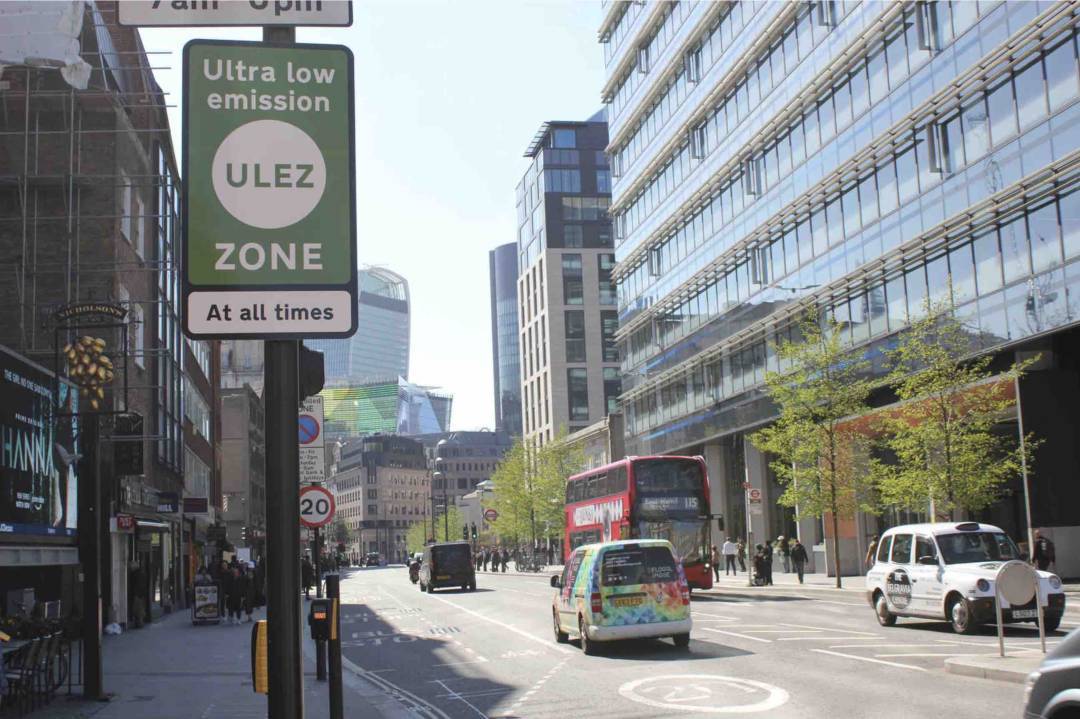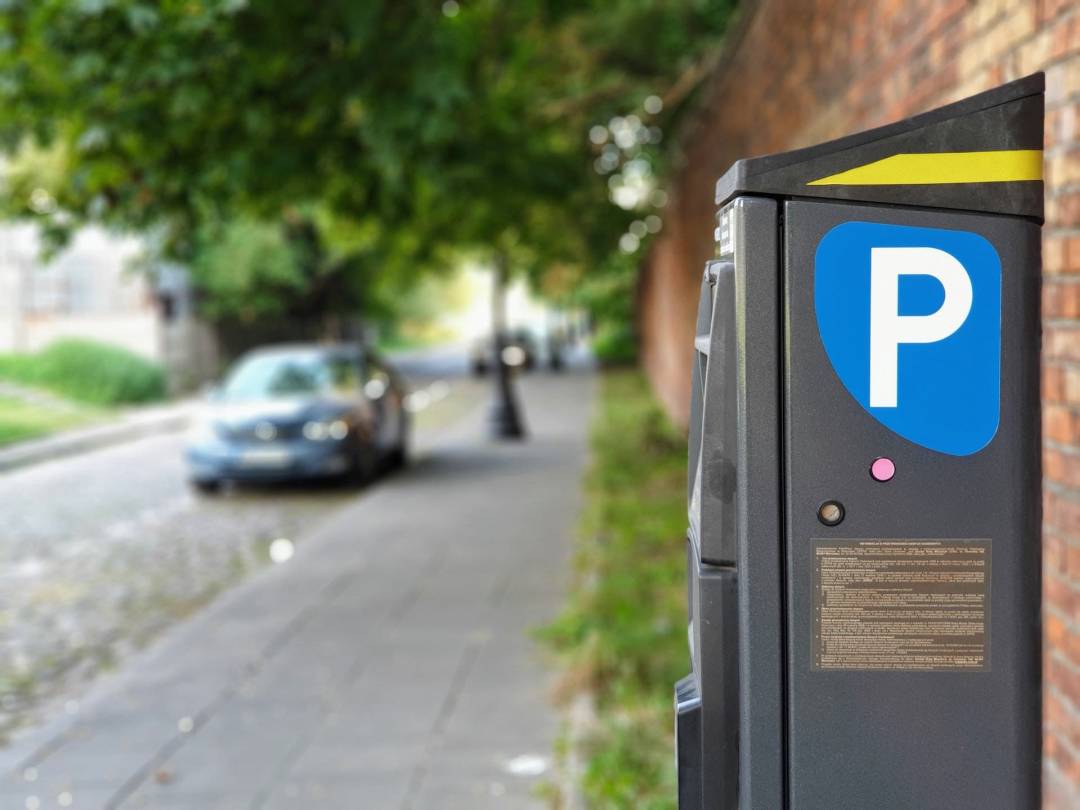Is it illegal to park on the pavement in the UK?
If you drive in the UK, you might have seen a car parked on the pavement and thought, "Is it illegal to park on the pavement in the UK?" This article gives a simple, clear guide to pavement parking rules in the United Kingdom. We'll discuss laws and regulations for London and other areas, fines, enforcement, and special cases like wheelchair users. Let's get started!
The situation can be confusing because it depends on where you are. Parking on the pavement is banned in all 32 London boroughs and the City of London by the Greater London (General Purposes) Act 1974. This act doesn't list a specific fine for breaking the law. Sometimes, signs allow pavement parking, usually with a permit in residential areas.
Highway Code rule #244 says drivers "must not park partially or wholly on the pavement in London and should not do so elsewhere unless signs permit it." The words 'must not' mean it's against the Highway Code in London, while 'should not' means it's discouraged outside London, causing confusion.
Find parking
Browse parking spaces for rent
Find parkingIs it Illegal to Park on the Pavement in London?
Pavement parking is indeed illegal in London. The Greater London Council (General Powers) Act of 1974 prohibits vehicles from parking on footways, grass verges, or any land situated between the road and the pavement. This law was enacted for several important reasons:
- Protect pedestrians: Pavement parking poses risks to pedestrians, particularly children, elderly individuals, and those with disabilities or visual impairments. By keeping pavements clear, the law ensures a safer environment for pedestrians.
- Reduce congestion: When vehicles park on pavements, pedestrians may be forced to walk on the road, which can block traffic and contribute to traffic. By prohibiting pavement parking, this law helps to maintain smoother traffic movement. Pavement parking can also prevent unnecessary obstructions and prevent emergency vehicles from getting to incidents.
- Maintain pavement integrity: Vehicles parked on pavements can cause damage to the pavement surface, leading to increased maintenance costs and potential hazards for pedestrians. By enforcing this law, London authorities aim to preserve the condition of pavements and reduce related expenses.

Is it Illegal to Park on the Pavement Outside London?
In areas outside London, the situation is less clear-cut. While there is no blanket ban on pavement parking, it can still be deemed an offence in specific circumstances. Under the Highways Act 1980, parking on the pavement can be considered an obstruction if it impedes pedestrians' ability to use the footway safely.
Local authorities also have the power to introduce Traffic Regulation Orders (TROs) to enforce pavement parking restrictions in specific areas. These restrictions are indicated by signs and lines on the pavement, so it's crucial to pay attention to local signage.
Related
The London ULEZ Expansion 2023 Explained
Where is the Border for Illegal Pavement Parking in London?
The pavement parking ban in London is applicable to all 32 London boroughs, as well as the City of London. Any area that falls within these areas is subject to the restrictions set out by the Greater London Council (General Powers) Act 1974.
Who Enforces the Illegal Parking?
In London, pavement parking enforcement is primarily carried out by local authorities and their Civil Enforcement Officers (CEOs), i.e. the Department for Transport. In areas outside London, pavement parking regulations are enforced by local councils, the police, or their respective CEOs. It is important to note that CEOs have the authority to issue Penalty Charge Notices (PCNs) to vehicles that breach pavement parking regulations.
Related
SORN Explained: How To Use Car Storage In The UK
What is the Fine for Parking on the Pavement in London?
If caught parking on the pavement in London, you may be issued a PCN or 'Fixed Penalty Notice', with the standard fine being £130. However, if you pay the fine within 14 days, it is usually reduced by 50%, making it £65. Fines can vary depending on the specific area and the severity of the offence. For example, parking on the pavement in a restricted zone or causing significant obstruction can result in higher fines.

Can a Wheelchair User Park on the Pavement?
Blue Badge holders, which include wheelchair users and other individuals with disabilities, have certain parking privileges. While they are allowed to park on single or double yellow lines in certain circumstances, pavement parking is still subject to the same restrictions as non-badge holders. However, local authorities may grant specific exemptions on a case by case basis.
What are the proposed changes to pavement parking rules in 2023?
Several parking rule changes came into effect in 2022. There is a review of the rules planned for 2023 after Transport minister Jesse Norman said they were gathering more evidence on the issue and hope to come to a conclusion later in 2023. The expected outcome is that the government will make it illegal to park on the pavement across England and the UK. You can check out some of the other key parking laws in the UK in our blog via the link below.
Scotland announced in 2021 that they intended on banning pavement parking, however, the ban was not introduced due to the impact of COVID-19. The ban there is, however, expected to go ahead in 2023.
Related
Parking Rules in the UK 2022
In summary, pavement parking is illegal in London, and while not entirely illegal in the rest of the UK, local rules and TROs may mean it is illegal in certain situations. It's essential for drivers to learn local parking regulations and prioritise pedestrian safety when parking.
Keep in mind that fines can be significant, with enforcement by local authorities and police. Blue Badge holders, though having parking advantages, must also adhere to pavement parking restrictions, except for specific exemptions. Look for signs and exercise caution to avoid fines and protect pedestrians.
To stay current on pavement parking rules, follow local council websites or social media, which frequently post relevant information. Additionally, use parking apps or websites to locate legal parking spaces, saving time and avoiding fines.
By respecting pavement parking regulations, you help create a safer, more accessible environment for pedestrians, especially those with mobility issues or disabilities. Through awareness and thoughtfulness, we all contribute to safer, more inclusive streets.
So don't take the risk, find a parking space on Stashbee!
Find parking
Browse parking spaces for rent
Find parkingElliot
Written 12th Apr 2023
